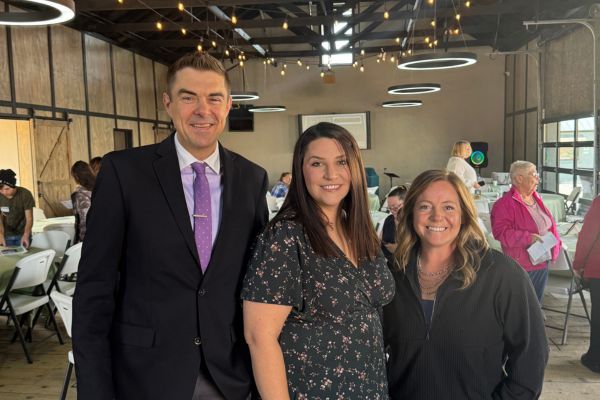Around the age of three, children should start getting their eyes examined. Your children’s eye doctor can discover whether they are nearsighted, farsighted, have astigmatism or other various eye problems.
Various vision problems such as amblyopia (lazy eye), strabismus (crossed eyes), ptosis (drooping eyelids) and color deficiency can be treated by your eye doctor. Further testing may be done by an ophthalmologist if necessary.
Amblyopia occurs because the eye and brain don’t work together properly. This is the most common cause of vision loss in children, affecting two to three out of 100.
If you suspect that your child may have a vision problem, there are various signs that you should keep in mind. Crossed eyes, a family history of vision problems, disinterest in reading or squinting are all indicative that your child may need to see an eye doctor.
While at home, teach your children about adopting healthy eye habits like wearing UV blocking sunglasses when outside. Most children experience the majority of their lifetime sun exposure before age 18, so it’s important to limit the amount of UV ray exposure to their eyes. Extended exposure can lead to cataracts and blurred vision. Not all sunglasses are created equal, so make sure they have 100 percent UV blocking lenses.
In addition, you should think about how you can keep your children’s eyes safe while they play. More than 90 percent of all eye injuries can be prevented through the use of suitable protective eyewear. If your children participate in sports, consider having them wear polycarbonate lenses to protect their eyes.
With vision services for children included as one of your essential health benefits when you enroll with Nevada Health Link, focus on making eye care a priority this month. If you missed open enrollment, certain qualifying life events (QLE) may make you eligible for a special enrollment period. QLE’s are life-changing events such as job loss, income change and birth/adoption of a child to name a few. Nevada Health Link can connect contact a certified broker or navigator to see if you qualify for special enrollment.










